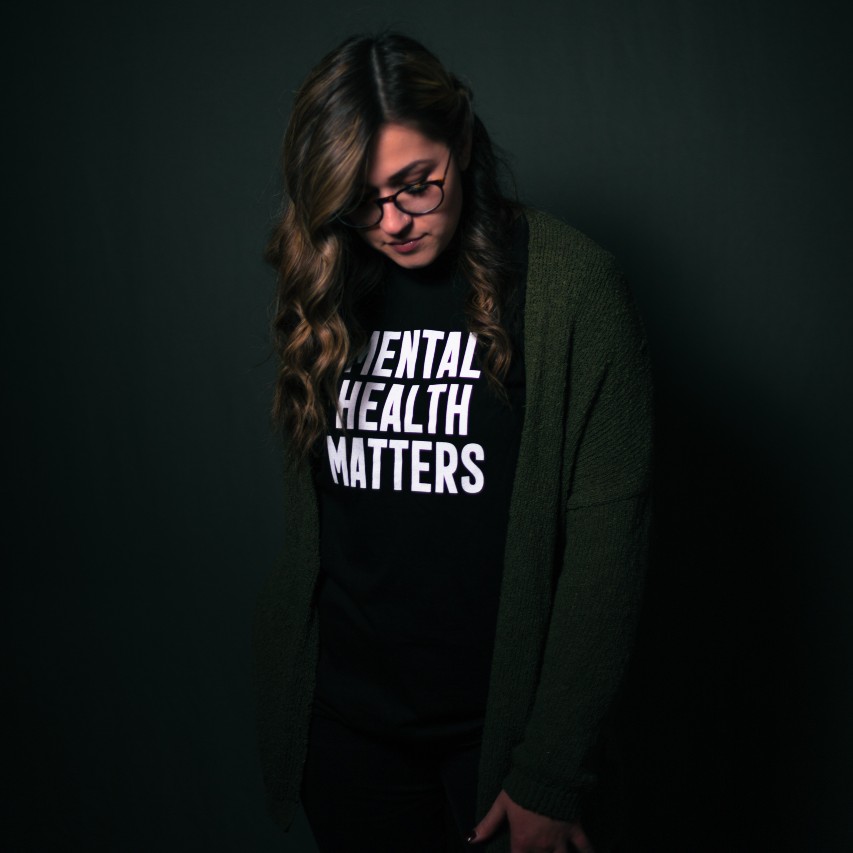Third article in a series of articles on what the SS. Isidore and Maria Parish Community can do to support those with mental health challenges and their families.
The dignity of the individual is paramount in our belief that we are all created in the image and likeness of God. Our language and our actions should reflect that belief. When talking about mental illness, we should use “people first language.” We refer to people as the person they are – not the disease they have. So we say “a person who has a mental illness” or “a man or woman with a mental illness.” We avoid referring to people using terms like “the mentally ill” or “the depressed,” or even worse terms. We all want to be known for the person we are not the illness we have. We are more than the illness we have! As people of compassion and justice we should never use stigmatizing language or demeaning terms when referring to people with an illness.
Careful use of language is a way of communicating that people with mental illness, as Pope John Paul II said, “have the inalienable right not only to be considered as an image of God and therefore as a person, but also to be treated as such.”
We make the dignity of the individual real by following the example Jesus gave us. Jesus calls us to seek out and include people in our faith community who are suffering and isolated. Jesus gave us many examples like story of the Good Samaritan who helped someone when no one else would, and the story of the father of the prodigal son that teaches us about unconditional love. It is when we love in these ways that we experience the love that God has for us.
Learn more! Starting Mon., April 12, the SS. Isidore and Maria Parish Mental Health Ministry invites you to attend Mental Health Matters, a free, five-week virtual series about the overall importance of mental health, the impact of mental illness on individuals, families and communities, and the role of this new ministry in our community. Registration is required.
This program does not offer, nor does it constitute, professional advice, diagnosis or treatment. Always seek the advice or treatment of a qualified provider with concerns regarding mental health.


